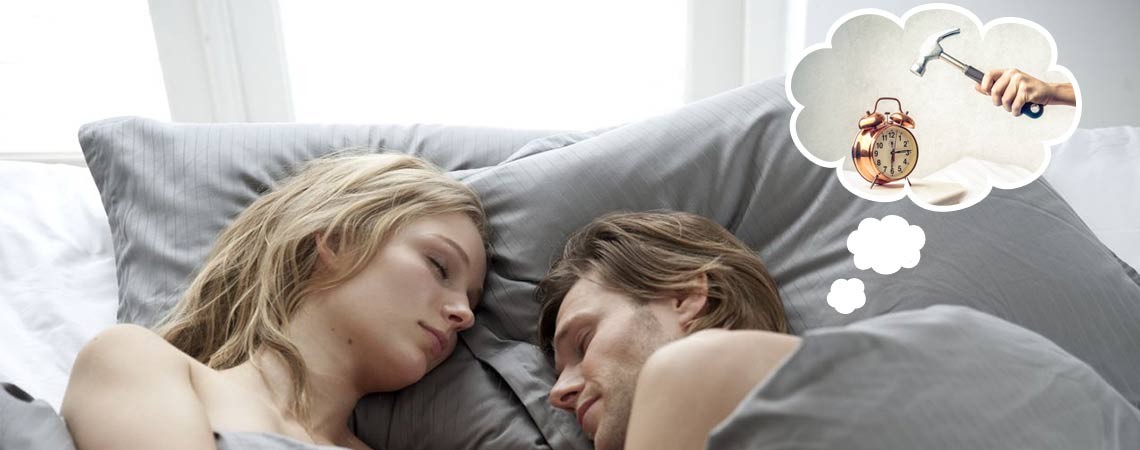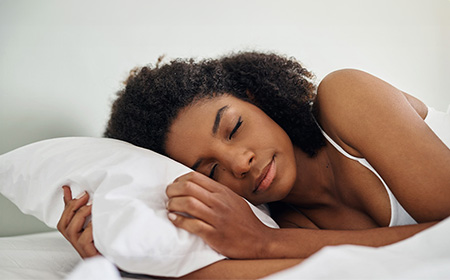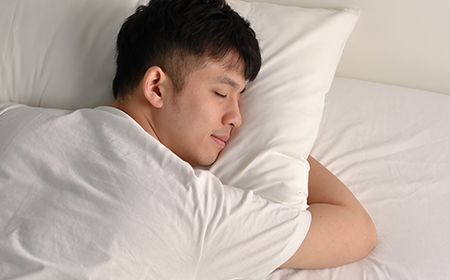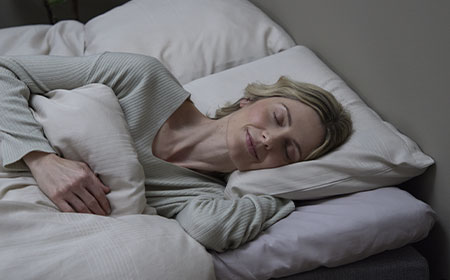If you have a hard time getting out of bed in the morning you're probably a fan of snoozing and prolonging your time under the duvet. The discomfort we feel when the alarm clock goes off is immediately replaced by the sweet lie that it will be easier to get up 5 or 30 minutes later. But we are fooling ourselves by snoozing. It impairs our quality of sleep and makes us even more tired than if we just jumped out of bed immediately.
Why do we hit the snooze button?
It's no wonder that snoozing feels good. When you doze off after switching off the alarm clock, it does feel great, because the body emits serotonin as a reward when sleep 'rebegins'. Serotonin creates a feeling of happiness but only until the snooze is over, so you become more and more tired and irritable each time you snooze.
Snoozing a lot is a clear sign that the body is very reluctant to get up. We simply need more sleep. We can get this if we drop the whole snooze scenario and set the alarm clock for a little later. Then, of course you will have to get up immediately and that’s a lot easier if you have had a good rest.
If you actually sleep during the time you would have snoozed, you prolong your amount of quality sleep. It's also all about giving sleep priority and going to bed early enough so you wake up feeling rested. Go to bed about 7-8 hours before you want to get up as this is the amount of sleep that most adults need.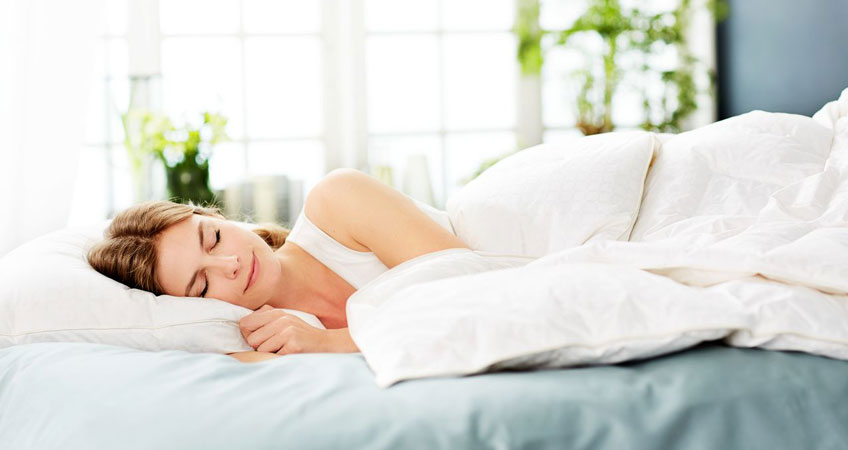
How does hitting the snooze button effect our sleep cycle?
The explanation as to why snoozing makes us extra tired is all to do with our sleep cycle, which consists of several stages. The most important stages are light sleep (known as REM = rapid eye movement) and deep sleep. We usually sleep deeply in the first stage of sleep and more lightly as sleep progresses. In the last hour prior to waking, our body starts to prepare to wake up. Our body temperature rises slightly, and dopamine and cortisol hormones are pumped into the blood. These hormones provide us with energy to get up.
Snoozing interrupts the sleep cycle. This leads to a chemical imbalance in the brain’s substances, because your body restarts its sleep cycle and, briefly, you head towards deep sleep again. So you can easily feel even more tired the more times you snooze. This results in a vicious circle. This short video is a brilliant illustration of how snoozing has a negative impact on your sleep.
Stop snoozing
If you find it hard to get up in the morning and would like to stop the bad habit of snoozing give the advice below a try. It may easily take 3 weeks before you finally wean yourself off the habit of snoozing in the morning.
- Go to bed early, so you make sure you get enough sleep before you have to get up
- Position the alarm clock a little distance away from the bed, so you have to get up in order to turn it off. Once you are out of bed, it is maybe less tempting to climb back in again. This can also get you into the habit of getting up straight away
- Switch on the light the moment the alarm clock goes off. This will help you wake up more quickly and you will stop producing the sleep hormone, melatonin
- It is never fun getting up if you are freezing. Avoid cold mornings by having a dressing gown and slippers ready by the side of the bed
- Activate yourself for 5-10 minutes when you wake up. This could involve reading, playing a game on your smart phone or doing some morning exercises
- Reward yourself with a good breakfast, which you look forward to waking up to. The aroma of freshly brewed coffee and bread can tempt you to get up
